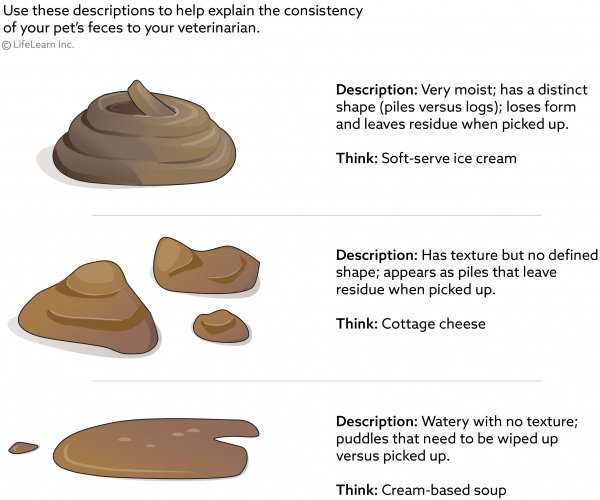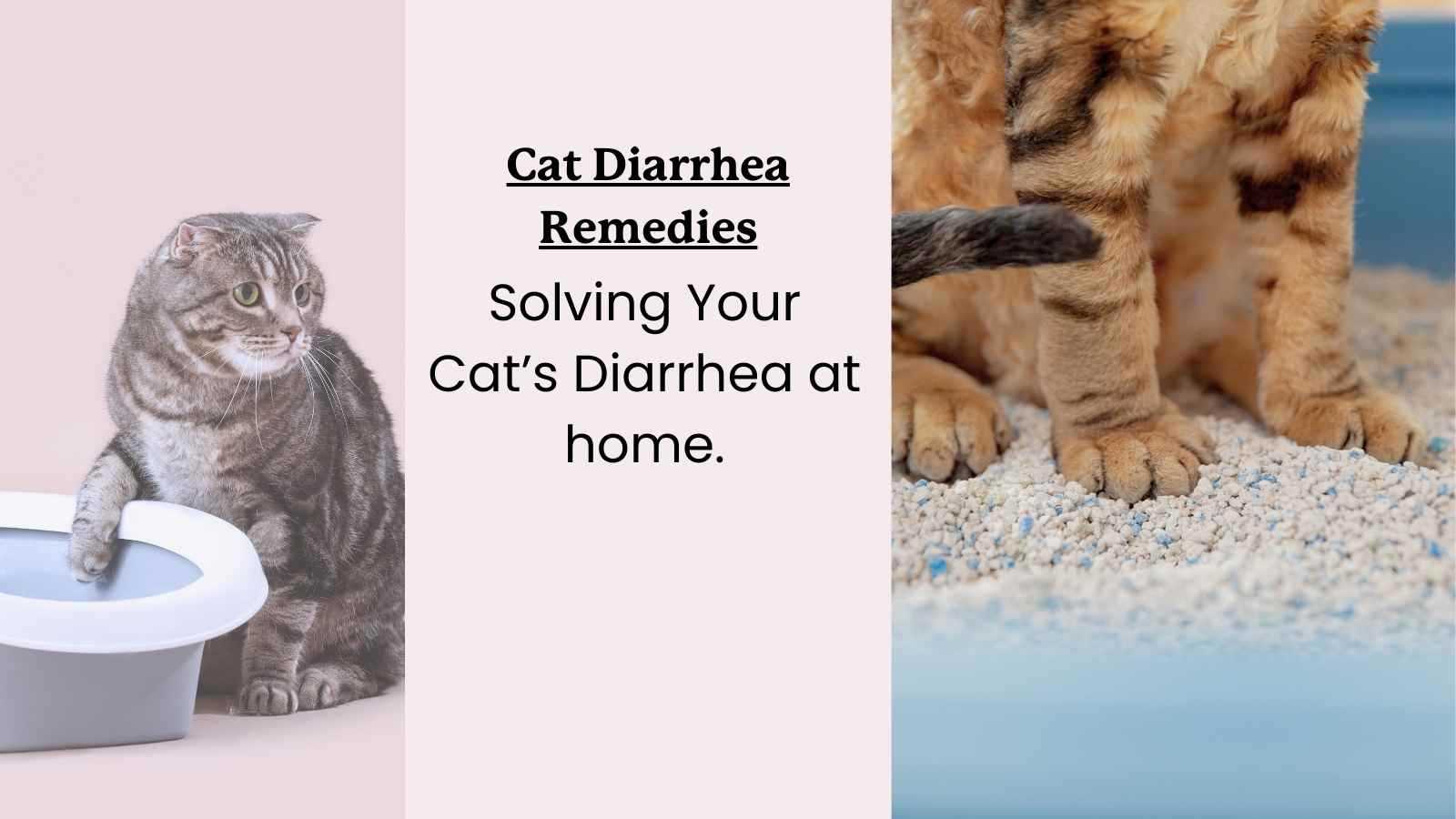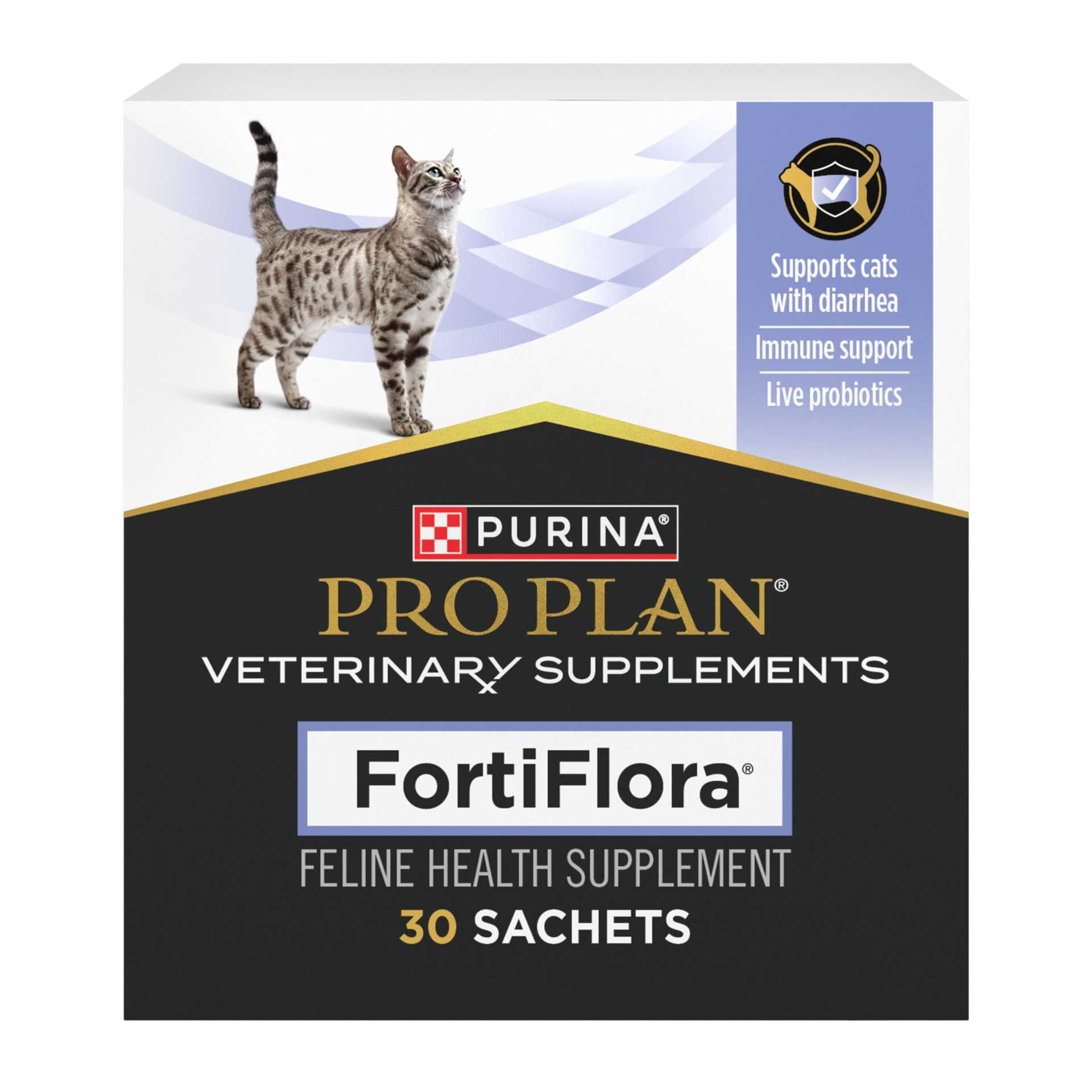



Offer bland foods like boiled chicken or rice to help settle the stomach. These gentle options can reduce irritation and provide some relief. Ensure fresh, clean water is available at all times to prevent dehydration.
Consider probiotics to restore healthy gut flora. These beneficial bacteria can support digestion and may ease symptoms effectively. Consult your veterinarian for specific recommendations on suitable products.
Monitor for other signs of illness. If symptoms persist beyond a day or two, or if there are additional concerns like vomiting or lethargy, seek veterinary advice. Early intervention is key to ensuring a speedy recovery.
Adjust feeding schedules by providing smaller, more frequent meals. This approach can help reduce stress on the digestive system and improve nutrient absorption. Keep track of any changes in behavior or appetite during this time.
Recommendations for Managing Digestive Issues
Feeding bland options like boiled chicken or rice helps soothe upset stomachs. Ensure these are unseasoned and thoroughly cooked. Gradually reintroducing regular favorites is key once symptoms subside.
Hydration Tips
Maintaining hydration is crucial. Provide fresh water at all times. Consider electrolyte solutions designed for pets; these can help restore lost minerals.
- Offer low-sodium chicken broth as a palatable alternative.
- Encourage drinking with a pet water fountain, as many enjoy running water.
Monitor Condition
Keep a close eye on behavior and stool consistency. If symptoms persist beyond a day or two, contacting a veterinarian is advisable.
- Note any additional symptoms such as vomiting, lethargy, or refusal to eat.
- Document changes in diet or environment that could contribute to the issue.
Identifying the Cause of Diarrhea
Check for dietary changes first. New foods, treats, or even sudden switches in brands can upset my tummy. If you notice any recent additions to my meals, it might be the culprit.
Next, consider any sneaky snacks I might have found. Plants, human food, or spoiled items can lead to digestive distress. A quick scan of my surroundings could reveal hidden dangers.
Parasites are another concern. Worms or other critters can wreak havoc on digestive health. A vet visit may be necessary to confirm if I’m hosting unwelcome guests.
Infections, whether bacterial or viral, could also be at play. If I’m showing other symptoms like vomiting or lethargy, this may be worth investigating further.
Lastly, stress can impact my digestion too. Changes in the home, such as new pets or loud noises, can trigger an upset. Keep an eye on my environment and make adjustments to help me feel secure.
Recommended Dietary Changes for Cats

Switching to easily digestible food is essential. Opt for canned pumpkin or boiled, unseasoned chicken. These help soothe upset stomachs and firm up stools.
Hydration Matters
Encourage fluid intake by providing fresh water or low-sodium chicken broth. Dehydration can worsen symptoms, so keeping hydrated is key.
Probiotics and Fiber
Incorporate probiotics to restore gut flora. Products designed for felines can be added to meals. Additionally, adding soluble fiber, such as psyllium husk, can assist in regulating digestion.
Hydration Solutions for Dehydrated Felines
Electrolyte solutions designed for pets can significantly aid in restoring hydration levels. These are available in pet stores or through veterinarians. Look for those specifically formulated for animals, as human variants may contain harmful ingredients.
Homemade Hydration Options
- Mix one part low-sodium chicken or beef broth with two parts water. This can entice your furry friend to drink more.
- Plain, unsweetened coconut water is another option, offering natural electrolytes.
- Adding water to wet food can increase fluid intake while providing nourishment.
Commercial Hydration Products
- Specialty pet hydration products are designed to be palatable and effective. Brands often include flavors that appeal to many.
- Hydration gels or powders can also be used, providing a concentrated source of fluids and electrolytes.
Monitoring water intake is essential. If drinking remains insufficient, consider using a pet water fountain. The flowing water can attract interest, encouraging more frequent consumption.
In more severe cases, professional veterinary intervention may be necessary. Intravenous fluids can be administered to rapidly correct dehydration levels.
Safe Medications and Supplements to Consider

Probiotics can enhance gut health and restore balance after digestive issues. Look for products specifically formulated for felines, containing strains like Enterococcus faecium or Lactobacillus acidophilus. Dosage should follow package instructions or a vet’s recommendation.
Medications
Metronidazole is often prescribed for bacterial infections and is generally well-tolerated. Dosage will vary based on weight, so consulting a veterinarian is essential. Another option is Tylosin, an antibiotic effective for certain gastrointestinal conditions.
Supplements
Adding a fiber supplement, such as psyllium husk, can help firm up stool consistency. Administer in small amounts, ensuring adequate hydration. Additionally, consider slippery elm, which may soothe intestinal irritation and promote digestion. Always verify with a vet before starting any new supplement.
When to Consult a Veterinarian
If symptoms persist for more than 24 hours or if there are additional signs such as vomiting, lethargy, or blood in the stool, a veterinary visit is essential. Rapid weight loss or dehydration can escalate quickly, making professional evaluation critical. Weight loss exceeding 10% should raise immediate concern.
Specific Symptoms to Monitor

Seek veterinary assistance if there’s a noticeable change in appetite or if your furry friend seems unusually distressed. A sudden onset of diarrhea accompanied by any of these symptoms warrants immediate attention:
- Foul-smelling or dark stool
- Persistent vomiting
- Abdominal pain or swelling
- Excessive thirst or urination
For hydration issues, consider using an electrolyte solution specifically designed for pets. Ensure your companion stays hydrated, especially if they show signs of lethargy. Remember to consult your vet for tailored recommendations.
Don’t hesitate to reach out for professional advice. Your pet’s health can depend on timely intervention. And while you’re at it, if you enjoy outdoor adventures, check out the best airbag backpack for safe travels with your furry friend!
Preventive Measures for Future Digestive Issues
To avoid future tummy troubles, it’s crucial to maintain a consistent diet. Select high-quality food with limited ingredients, especially if food sensitivities are suspected. Consider options like dry cat food for cats with food allergies to minimize gastrointestinal disturbances.
Feeding Schedule
Establish a regular feeding routine. This helps regulate digestion and can prevent sudden changes that may lead to upset stomachs. Stick to specific meal times to keep everything on track.
Regular Vet Check-ups
Annual veterinary visits are essential for detecting underlying health issues early. Routine blood tests and fecal exams can identify potential concerns before they escalate.
| Preventive Measure | Description |
|---|---|
| High-Quality Food | Choose food with natural ingredients and avoid fillers. |
| Hydration | Ensure access to fresh water at all times. |
| Gradual Diet Changes | Introduce new foods slowly over a week to prevent upset. |
| Stress Reduction | Minimize stress by creating a calm environment. |
| Regular Exercise | Encourage playtime to promote healthy digestion. |
Monitoring behavior and stool consistency regularly will help catch any issues early. Staying observant will go a long way in ensuring a happy and healthy life!







